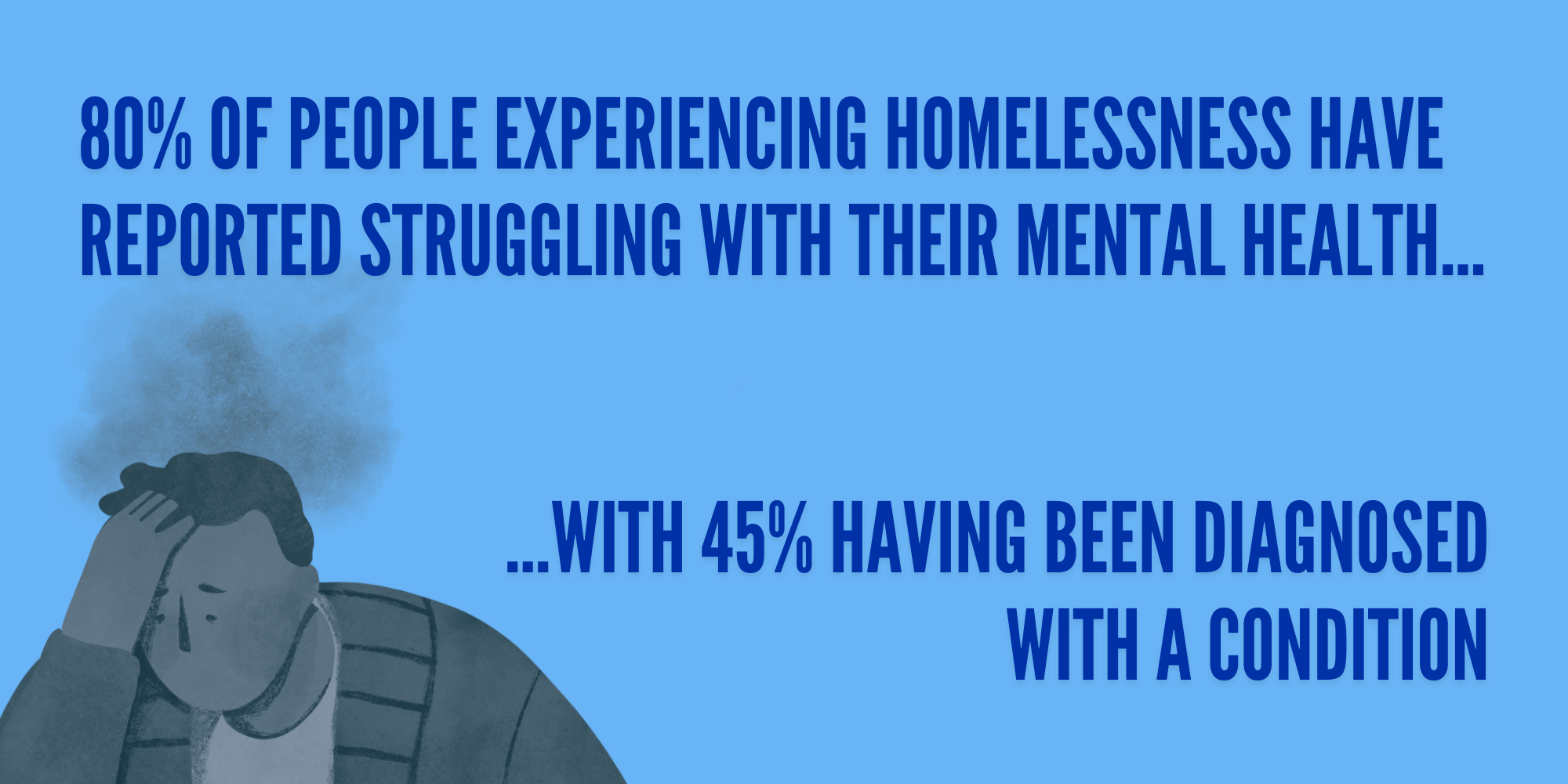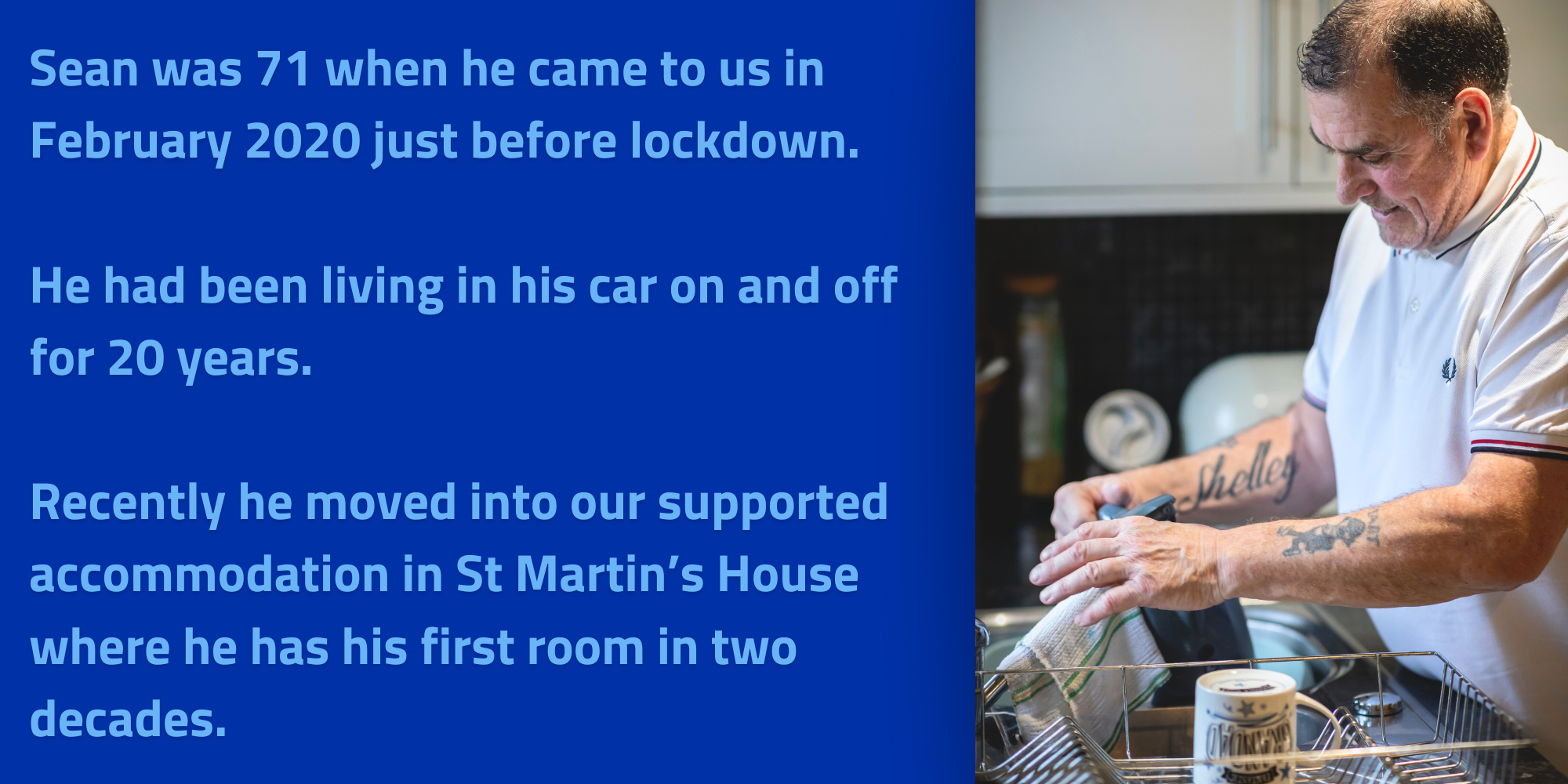
Let’s explores the hidden issue of car homelessness in the UK.
Here, we outline the reasons why people sleep in their cars, the mental and physical health risks associated with it, and the legal implications. Finally, we offer resources and support for those experiencing car homelessness.
Many of us have slept in our cars.
From breaks on a road trip to taking full advantage of your passenger seat, it’s a fairly common experience.
But, for some, sleeping in your car is more than a chance to rest: it’s a daily reality for thousands of people in the UK.
Living out of a car is a very common, yet often hidden form of homelessness. We don’t know exactly how many people it affects but estimates suggests thousands are currently sleeping in their vehicle in the UK.
Why do people sleep in their car?
Homelessness is rarely a choice and, if it is, it’s likely been made due to limited options and duress.
If someone no longer has access to their home, a car may seem like an easy alternative. Many people will own their cars so they can sleep in a (somewhat) sheltered space for free. While this form of homelessness is still dangerous, it is likely to be safer than sleeping out on the streets. It also allows people to feel insulated from the outside world and avoid potential attackers. This can bring a greater sense of control over a person’s life which is often lost when rough sleeping.
When access to housing is lost, a car can provide a semblance of shelter and security, offering insulation from external threats that rough sleeping does not.
But this doesn’t come without risks.
Sleeping in your car: risks and realities
Mental health
Sleeping in your car, often for long periods of time with limited social interaction, can greatly affect your mental health. Anxiety is a common experience when sleeping rough as your personal safety, privacy and space are all reduced.

Additionally, existing mental health conditions can be worsened by homelessness as support and stability can become harder to access. We know mental health tends to suffer as a result of any form of homelessness but living in a car can present its own unique challenges due to the extreme isolation a person may face.
Physical health
According to The Road Trip Expert, you should always stretch while driving and shouldn’t be sat in your car for more than two hours at a time. For people living in their car, this makes getting your eight hours a painful task.
Sitting in a confined space all night can cause a lot of damage to your body. Back aches and joint pain are a common side effect and if left untreated, or combined with pre-existing conditions, this can permanently affect your physical health.

Weather also plays a key role.
Cars are made of metal and so, can reach high temperatures in the summer, leading to heat exhaustion. Simply put, if you wouldn’t leave your dog in a hot car, you shouldn’t put yourself in that position.
Cold weather also presents a strong risk as hypothermia and other illnesses could be life-threating if left untreated.
It’s important to note that you should never sleep in a car with the engine or heating running on due to the possibility of carbon monoxide poisoning.
Legality
Last year, the Police, Crime, Sentencing and Courts Act passed in the UK.
Among other things, this makes it a criminal offence to sleep or live in a car on privately owned land (which accounts for over 98% of the UK) without permission.
This puts a lot of people facing homelessness at risk of breaking the law despite having no alternative safe space to stay.
This, along with the Vagrancy Act which is still in place today, criminalises homelessness instead of offering support to those who need it most. We hope this act is repealed soon.
While no prosecutions have occurred due to someone sleeping in their car under this act (yet), it could result in a cycle of homelessness for some people due to the lack of support provided in the justice system to those leaving prison without a confirmed address.
If you have recently left prison and are struggling to find support with housing, tap here for a list of specialist services who may be able to help.
How can I get support?
The Connection is here to support people sleeping rough in Westminster, including those living in their car.
From basic necessities like food and hygiene facilities to assistance in finding stable housing, support is available to help people regain control over their lives and to find a place to call home.
If you or someone you know is living in a car and needs support, reach out to The Connection for assistance.
If you’d like to see how we can help, tap here.
Article last updated: July 2024
